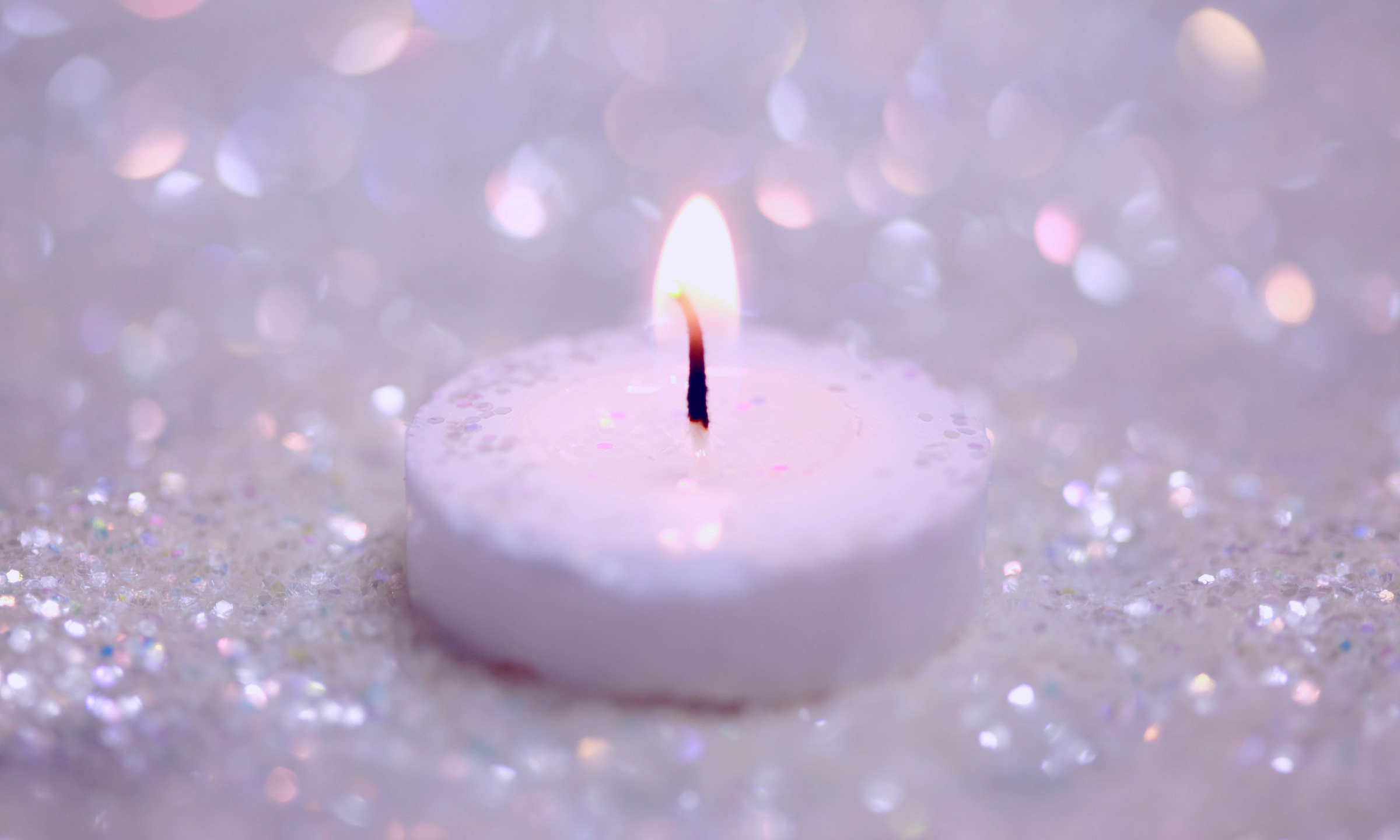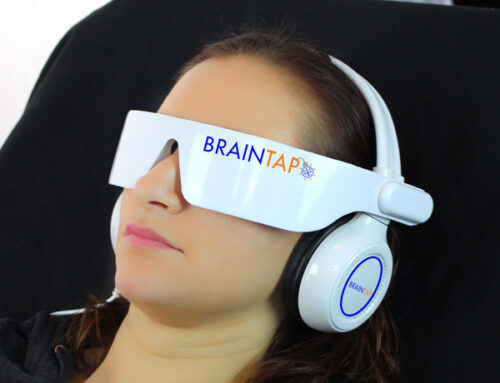Sleepless in Orange County?
An Old Chinese proverb states: “Only when one cannot sleep does one know how long the night is”
Sleep is one of the most important functions of the brain, so lack of it is a serious matter.
Daily stressors – work, financial, family, health – can all keep a person up at night. We rehash what was said over and over again, or we endlessly review the problems confronting us, creating more anxiety and worry while the minutes and maybe even hours tick away.
Pay attention to how much and how well you sleep at night & your feeling of alertness & energy throughout most of the day.
Good sleep is one of the cornerstones of health and quality of life. 6 to 8 hours/ night seems to be optimal for most adults but is an individual determination. A sleep deficit can have major effects on our health like:
- Weaken our immune system
- Impair memory, ability to think clearly & decrease problem solving ability
- Make you feel hunger even if you ate which causes blood sugar and weight issues
- Increases tumor growth –body produces less melatonin and therefore less ability to fight cancer
- Increase stress-related issues including: ulcers, constipation, depression and heart disease
- Prematurely ages –interferes with Growth Hormone production from the pituitary gland
Research has shown we go through different types of sleep and we repeat the stages over and over during the night. Good sleepers typically will fall asleep within 30 minutes.
Stage 1: very light bridge sleep which is the stage between wake and sleep-drifting off to sleep and if awaken would think you were not sleeping; 5 % of total sleep time.
Stage 2: light stage of sleep but more sound and if awaken would think you were sleeping; 40-50% of total sleep time.
Stage 3: deeper sleep or delta sleep & more effort to awaken someone from this stage mostly during first 1/3 of sleep; 10-20% of total sleep time. Physical restoration stage of sleep.
REM sleep (Rapid Eye Movement) or “dream sleep” and mostly in the later 1/3 of the night; 25% of total sleep time. Restores your nervous system, processes information & stores memories; most vivid dreams. Mental restoration stage of sleep.
What happens as we age? We tend to stay in the lighter Stages, 1 & 2, therefore older people may wake up more often.
How is sleep regulated? Two factors regulate sleep: The Sleep Drive & The Internal or Biological Clock
The Sleep Drive: the longer we spend awake, the greater our drive to sleep, so by the end of the day we are sleepy and have built up a sleep debt therefore we need to sleep. This is our neurological clock set by our brain.
The Internal or Biological Clock: gets signals from the environment as light and dark, regular activities, etc. Having the same wake-up time gives our internal or biological clock a strong signal to strengthen our sleep-wake rhythm.
When these 2 clocks aren’t on the same schedule, we feel “out of sorts” like having jet lag. Melatonin may help as a circadian clock regulator rather than a sleeping pill.
Insomniacs develop poor sleep habits that interfere with the drive to sleep and the internal clock signals to keep sleep and wake balanced. Stick to 1 sleep schedule every day so your biological clock will be in sync with your other bodily functions.
How to figure out if you are sleep deprived?
- What time do you usually awaken without an alarm clock?
- If you need an alarm to get up, good chance you are sleep deprived.
Inflammation & Sleep Deprivation
Sleep deprivation causes an increase in inflammatory markers leading to an increase in Cardio-vascular disease, increase in Blood Pressure, increased alteration in glucose metabolism, hormone imbalances, an adverse effect on the immune function & an increased stress response.
Are you a night owl or early riser or in between?
Night owls showed less white matter in the brain which is linked to increased depression & disruptions of normal cognitive function. They are prone to increased tobacco & alcohol use & eat more unhealthful foods. However, they are more productive with an increased stamina, greater reasoning & analytical abilities.
Do you have sleep paralysis? Are you conscious but can’t move, speak or react & may hallucinate for a few seconds to minutes and feel frightened? Consider getting tested at: Toolbox Genomics on this website: www.driris.com
Take the Epworth Sleepiness Scale here:
https://edsandosa.com/assets/pdf/epworth-sleepiness-scale-ess.pdf
Take the Insomnia Severity Index here:
https://www.med.upenn.edu/cbti/assets/user-content/documents/Insomnia%20Severity%20Index%20(ISI).pdf
Your Sleep Diary & Instructions:
https://www.sleepfoundation.org/sites/default/files/inline-files/SleepDiaryv6.pdf
The best Formula to know when to go to bed
Sleep Cycle: To be fully renewed need ample amount of each type of sleep. Generally, we cycle from light sleep into deep sleep and back to light sleep and then REM sleep. We cycle through with REM sleep increasing in length and deep sleep decreasing in length toward the morning. Each cycle takes about 90 minutes and most of us require 4-5 cycles or 5 – 90 minute sleep cycles which equal to 7 ½ hours of sleep. Therefore, if you usually wake up at 7:30 am, count backwards and go to bed at midnight. If you wake up generally before your alarm clock, count backwards and that’s your bedtime. If unsure, continue going to bed 20 minutes earlier each night until you find your bedtime.
Create Your Deluxe Sleep Haven
- Sleep in complete darkness: use blackout shades over your windows or eye mask, move your clock 3 feet from your bed and turn it around or cover it, no lights at all and only “low blue” light bulbs as a night light that emit amber light and will not suppress melatonin production.
- Avoid a loud alarm clock: which jolts you to awaken and consider a sun alarm clock with built-in light that gradually increases in intensity and simulates sunrise.
- Reduce use of light- emitting items as: TV, iPad, & computer about 1 hour before going to bed. This light suppresses melatonin therefore decreases ability to fall asleep, alters your circadian rhythm & increases cancer risk. Exposure to blue light at night spurs cognitive function & alertness in similar ways to daytime stimulation. Reducing this light gives your mind a chance to unwind so you go to sleep feeling calm.
- Reduce noise with rugs, drapes, earplugs, or white noise as a fan blowing away from you.
- Keep the temperature in your bedroom at or below 70 degrees F (21 degrees Celsius).
- Check your bedroom for electro-magnetic fields (EMFs). These disrupt the pineal gland & production of melatonin & serotonin. Purchase a gauss meter online.
- Reserve your bed for sleeping. Sex is the only other activity you may do in your bedroom.
- Consider separate bedrooms if family or pets consistently impair your sleep.
- Your mattress should support your body’s weight evenly and allow the spine to stay in its natural alignment. If you wake up uncomfortable, you may need a new mattress, lay down on it for about 5 minutes vs sitting, it should provide uniform support along your entire body without gaps. Place a board under it if too soft, or if it is too firm, put a 1-2 inch padding on top of it and turn your mattress clockwise or upside down every few months.
- A good cervical or neck pillow will keep the neck aligned with the thoracic and lumbar spine. When lying on your side, your head and neck should remain level with your mid & lower spine and when on your back it should be level with your upper back and spine. Choose foam materials that support the head and are not too mushy. There is no universal “fit”. Go to website: driris.com to review products that may be supportive: Help What Hurts.
- Odors? Smells? Allergies? Check website: driris.com and review information on Active Pure NASA Technology – Air Purifier/UV Light.
How to Wind Down Before Bed
- Get to bed as early as possible. Your adrenal system does most of its recharging between 11:00 pm & 1:00 am and your gallbladder dumps toxins during this time too.
- Go to bed and wake up at the same time each day, including weekends.
- Take a hot shower, bath or sauna before bed.
- Avoid fluids, heavy meals, spicy foods, grains and sugars within 2 hours of bedtime. Have a high protein snack several hours before bedtime which provides L-tryptophan for melatonin production and small piece of fruit to help the tryptophan cross the blood-brain barrier.
- Consider wearing socks to bed to avoid night wakening.
- Go to the bathroom right before bed.
- Establish a bedtime routine of: deep breathing, meditation, progressive relaxation, relaxation CDs, spiritual reading, aromatherapy, massage from your partner or anything that releases stress.
- Write down thoughts before bed and/or in the morning.
- Use a Salt Lamp with a 5-watt bulb in the evening as it has yellow, orange & red wavelengths that don’t suppress melatonin production like white & blue wavelengths.
Lifestyle Suggestions to Enhance Your Zzzzs
- Reduce or avoid as many drugs as possible. Avoid drinking too much liquid in the eve.
- Avoid the stimulants from coffee, energy drinks, etc past 2 pm. Avoid alcohol & Nervous System depressants that will keep you from deeper stages of sleep, awaken you during the night to go to the bathroom & cause dehydration. Avoid foods you may be sensitive to that will cause digestive & other distress. Get tested for Food Sensitivities-KBMO Food test-found at this website: driris.com
- Avoid napping as it disrupts your sleep-wake rhythm. However, if you must nap, limit it to once per day for only 15-30 minutes in your own bed & 7-9 hours after wake up time.
- Spend 30-60 minutes outside during the day whenever possible, to avoid “light deficiency.”
- Put more laughter in your life. Find out what makes you laugh and do it, be with funny people, develop own sense of humor through a class, books, etc.
- Decrease excess weight that increases your risk of sleep apnea.
- Exercise regularly is the key, but it should be concluded 3 – 4 hours before bedtime. Develop regular daytime activities. Consistent exercise will win out over your conscious mind’s automatic mechanism of repeatedly processing the day’s events. This will keep you sleeping better and feeling less sleepy during the day.
- No smoking for at least 2 hours before bedtime. It makes it difficult to sleep due to withdrawal symptoms and creates nightmares.
- Can’t fall asleep within 30 minutes? Do not work at trying to sleep. Get out of bed and do a relaxing activity. If anxiety is present, journal on a “worry” or “to do” list. List what can I do about the worry and what can’t I do about the worry.
- Quiet your mind: distract yourself, stop thoughts by yelling STOP, picture stop sign, find replacement thoughts. Download this app: Brain Tap found on this website: www.driris.com
- Do enjoyable activities, add something beautiful daily, take off your shoes
- If you wake up in the middle of the night, DO NOT eat a snack.
- Have your adrenal glands (cortisol levels) hormones and neurotransmitters checked.
- Gentle Chiropractic treatment ensures that all your body’s systems are talking to each other and the right messages are getting through. If you have discomfort during the night, chiropractic can help with the interferences of restful sleep, calm your nervous system, offer nutrition & ergonomic advice to help improve quality of sleep. Check your posture on Posture Remote Screen app found at: driris.com
Still Having Trouble Sleeping?
- Learn the basics of Emotional Freedom Technique (EFT)
- Positive points/ 5 Minute Phobia/Ocular Release
- Kill the ANTS-Automatic Negative Thoughts
- Increase your melatonin produced by your pineal gland with natural exposure to bright sunlight in the day, full spectrum fluorescent bulbs in the winter and complete darkness at night. If you still have issues, take a melatonin supplement.
- Get your Vitamin D levels Get a list of foods high in Vitamin D &/or take a supplement.
- Up to 80% of Americans are Magnesium deficient so eat a whole food diet to include: green leafy vegetables, beans, nuts and seeds, avocados, juicing your greens, and/or a Magnesium supplement. Balance magnesium with Calcium, Vitamin K2 and Vitamin D.
- Potassium works synergistically with magnesium to improve sleep, etc. Ideal way to increase your potassium is from vegetables: swiss chard, avocado, spinach, crimini mushrooms, broccoli, brussel sprouts, celery and romaine lettuce.
- Luck of the Irish or? Luck-“the things that happen to a person because of chance.” How about the Law of Attraction– natural universal law that functions on “like attracts like.” Every thought & feeling has an energetic equivalent, so, people who feel good are thinking thoughts that feel good, and vice versa. Therefore, your thoughts and emotions are being sent out into the universe and returning to you in the form of life experiences.
Start becoming aware of your thoughts and change your luck:
Question your thoughts and say: “How does this thought make me feel?”
The Work of Byron Katie to kill the ANTS:
- Is it true? (Yes or no. If no, move to 3.)
- Can you absolutely know that it’s true? (Yes or no.)
- How do you react, what happens, when you believe
that thought?
- Who would you be without the thought?
Turn the thought around.
Find specific, genuine examples for the turnaround.
Can you find other turnarounds?
Give specific, genuine examples for each turnaround.
© 2012 Byron Katie International, Inc.
Iris Rosenfeld, DC
23121 Plaza Pointe Dr Ste 150 Laguna Hills, Ca 92653
949-380-7215
[email protected] www.driris.com





